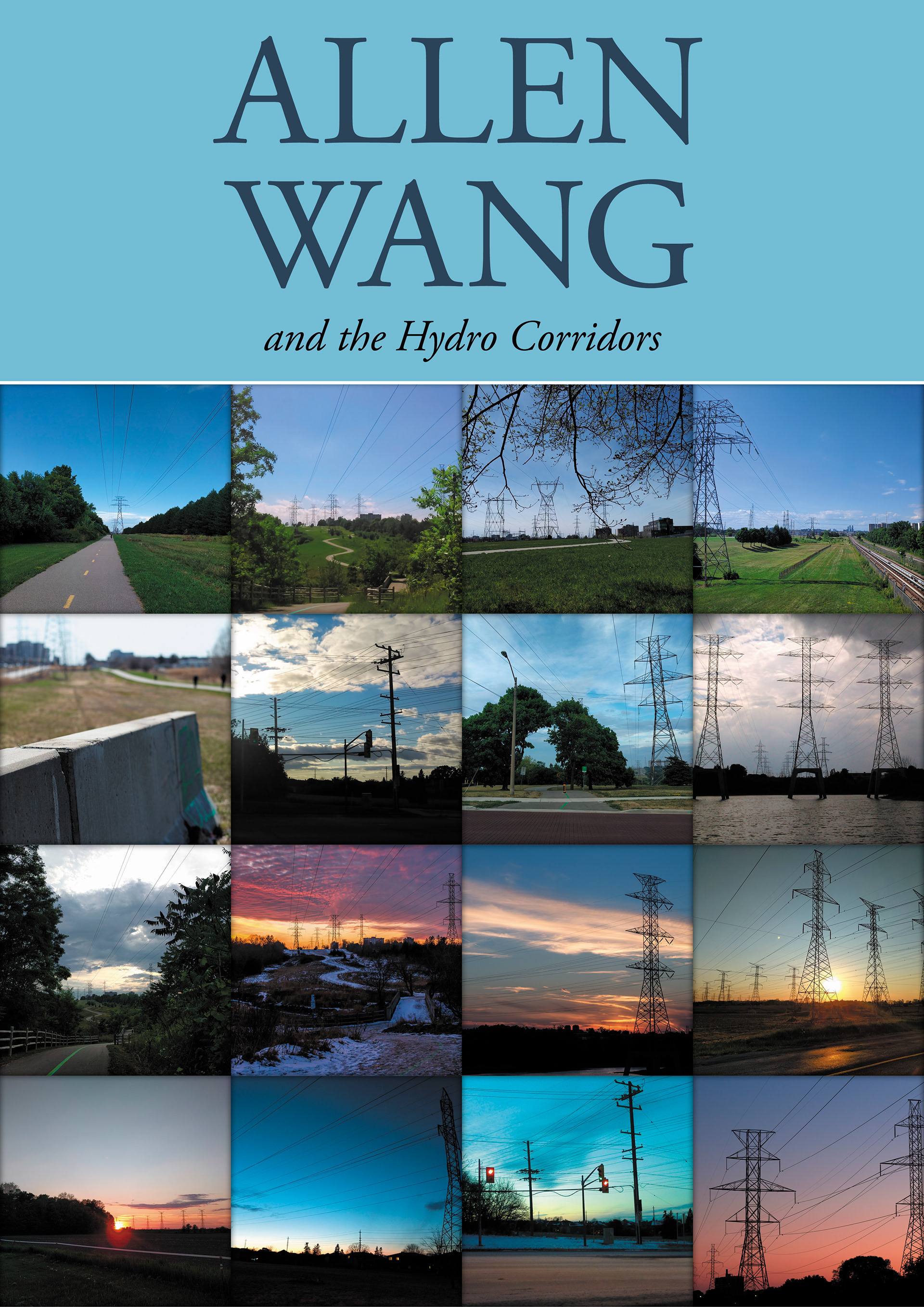

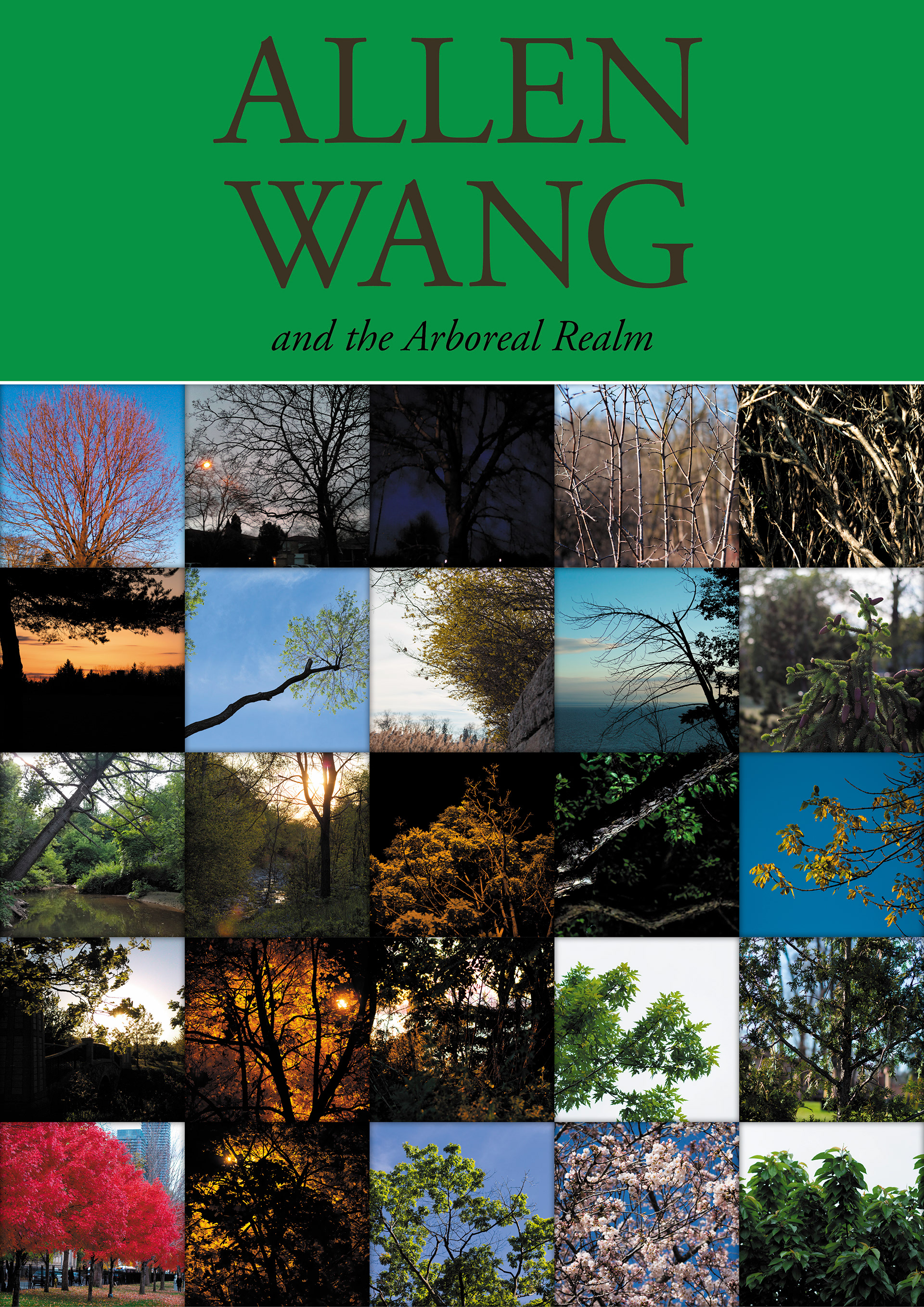

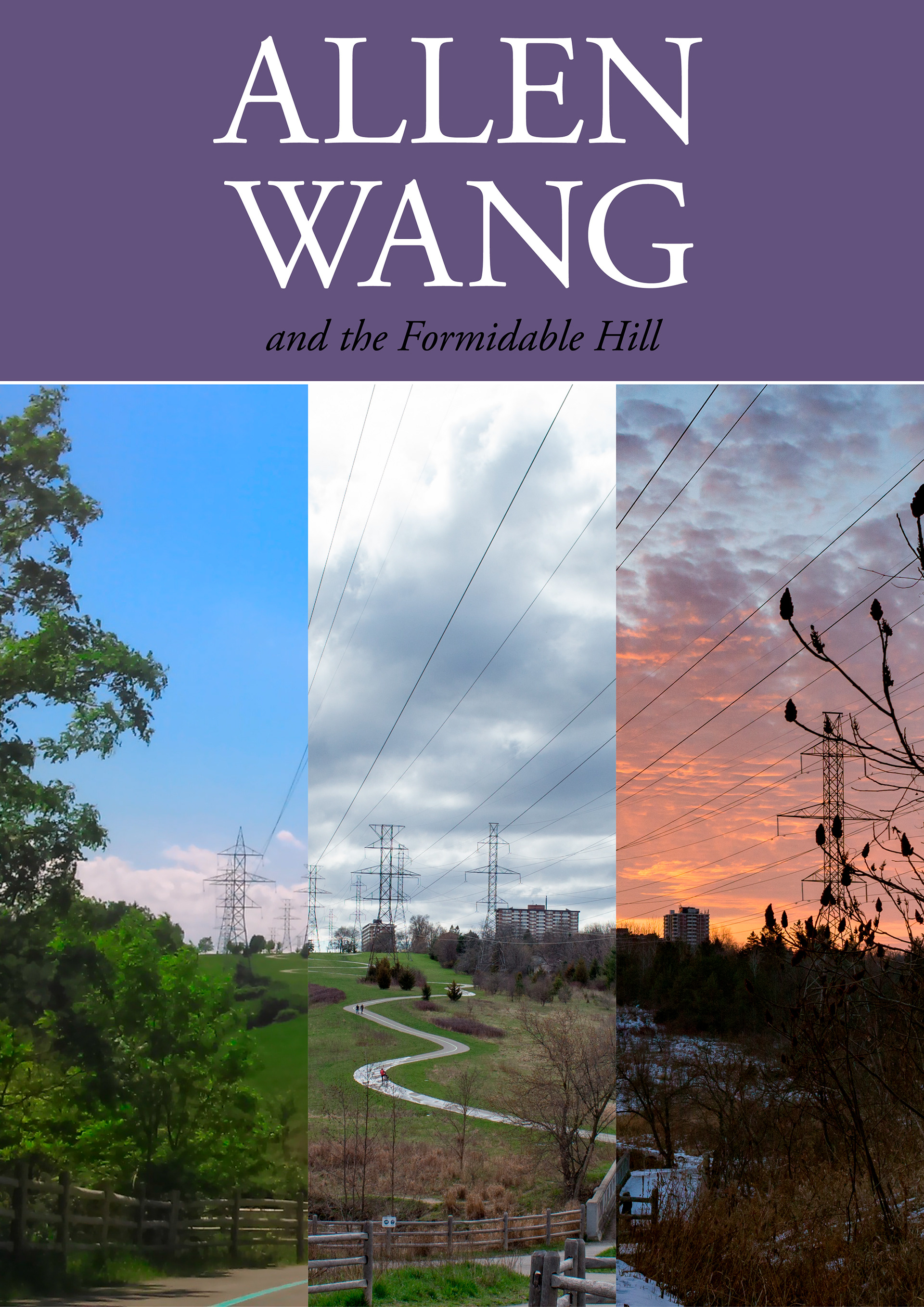

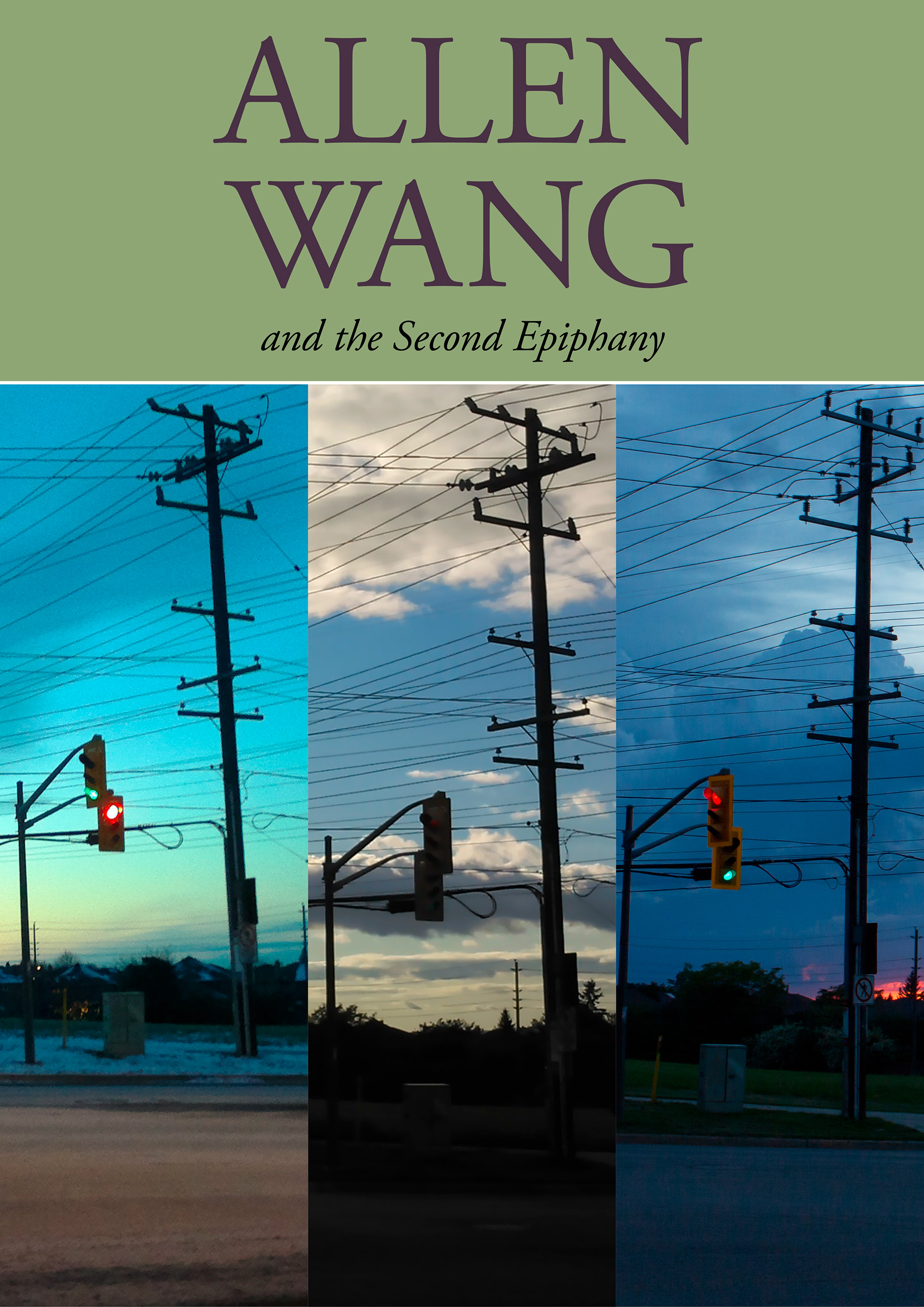
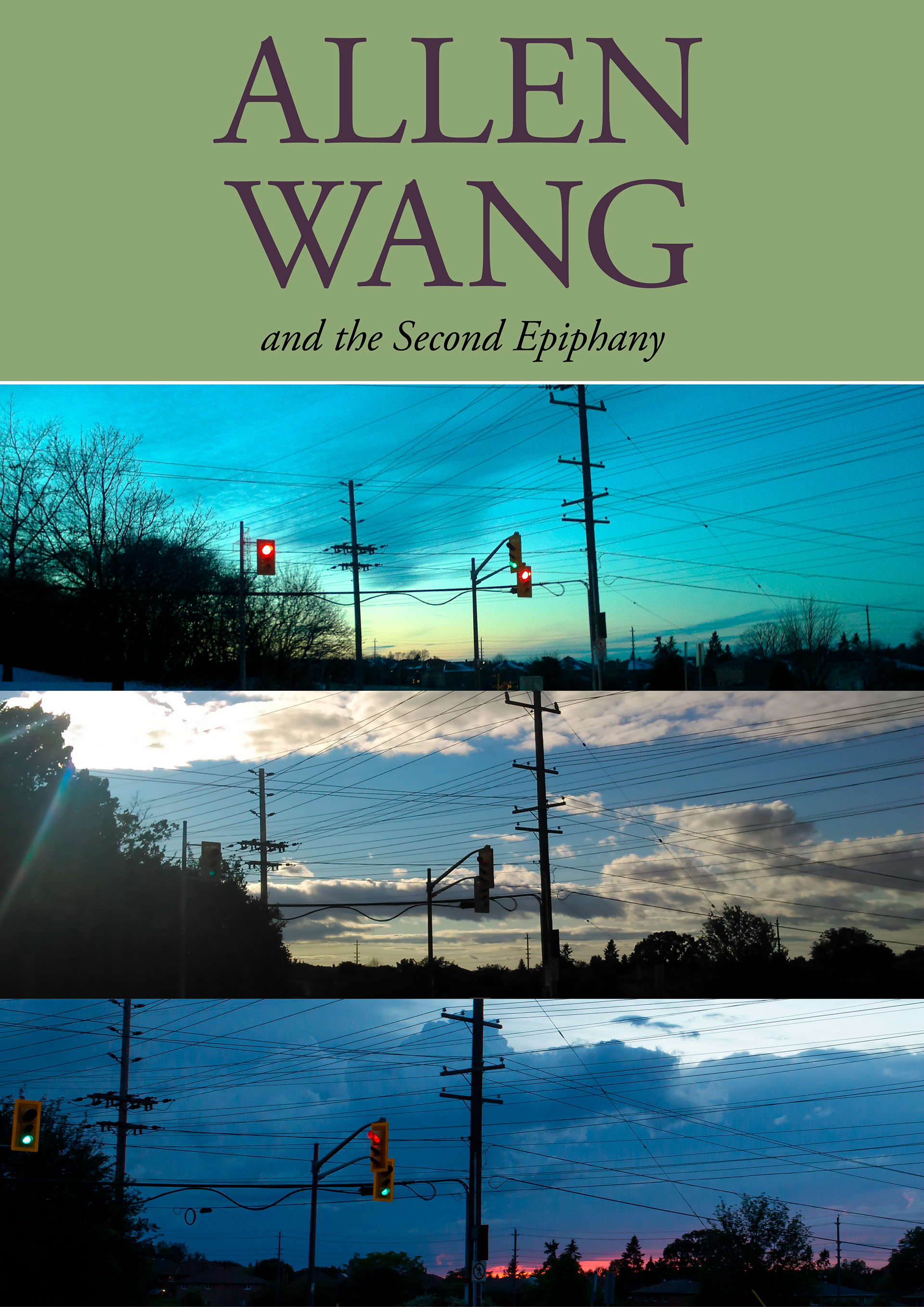
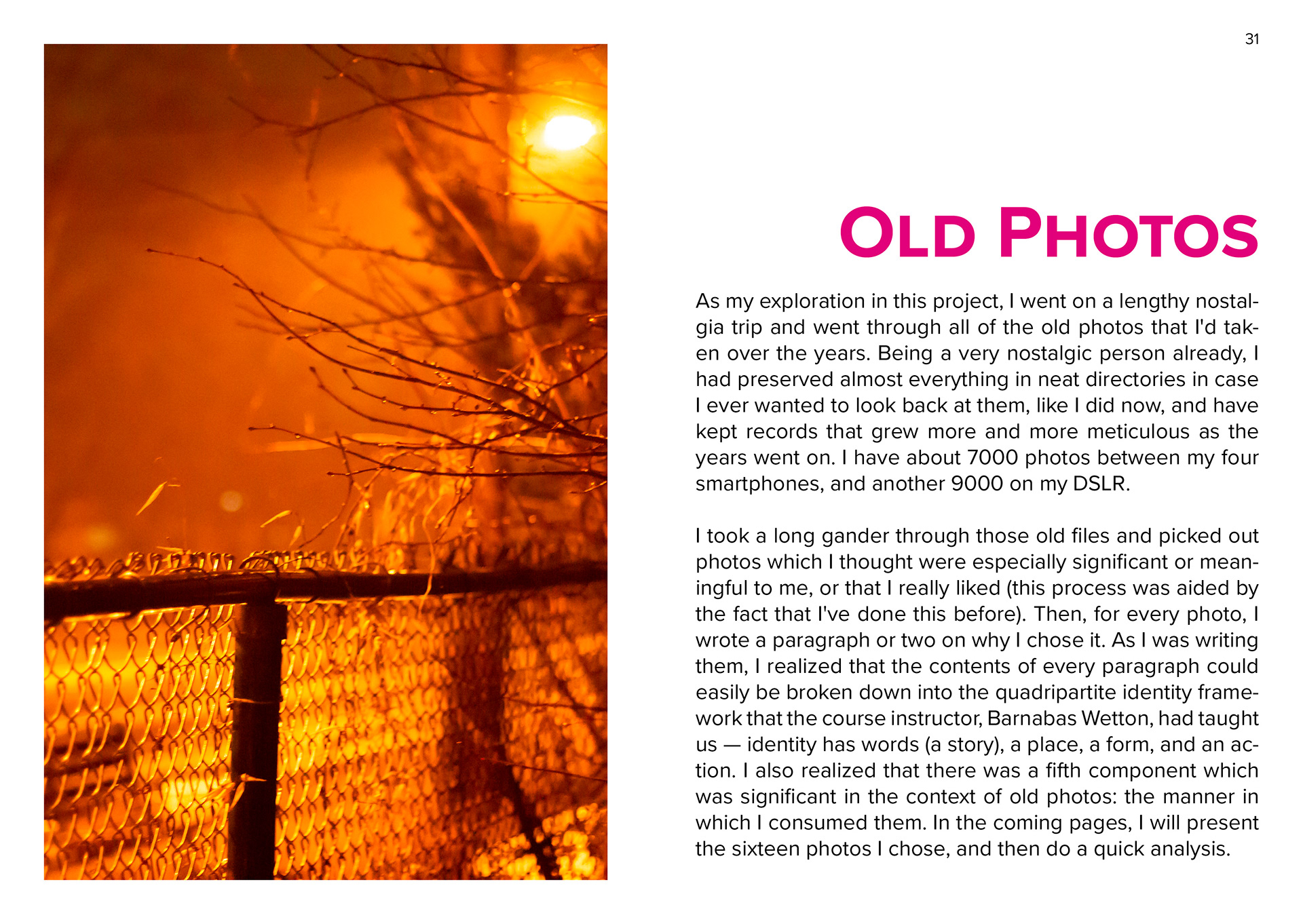
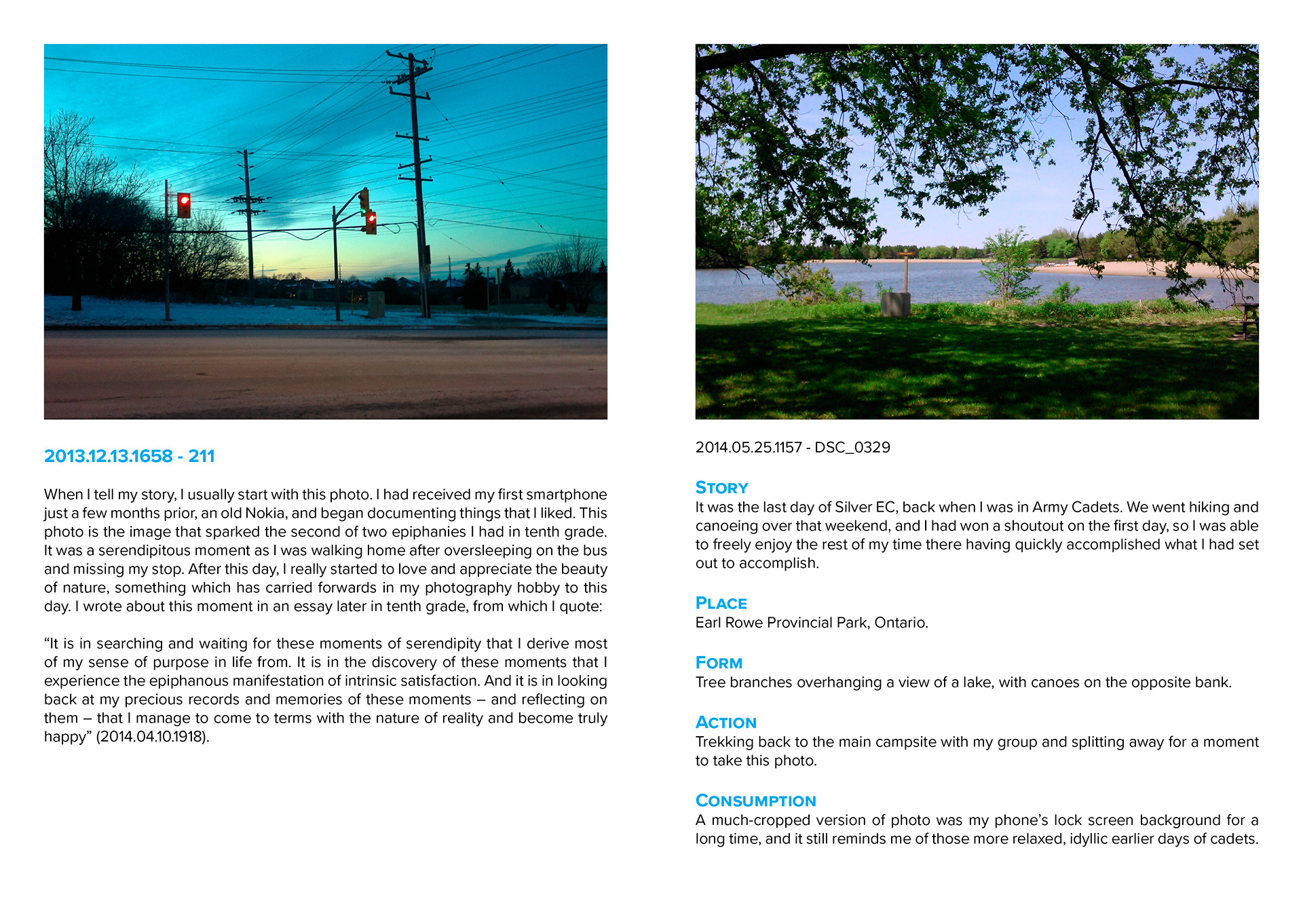
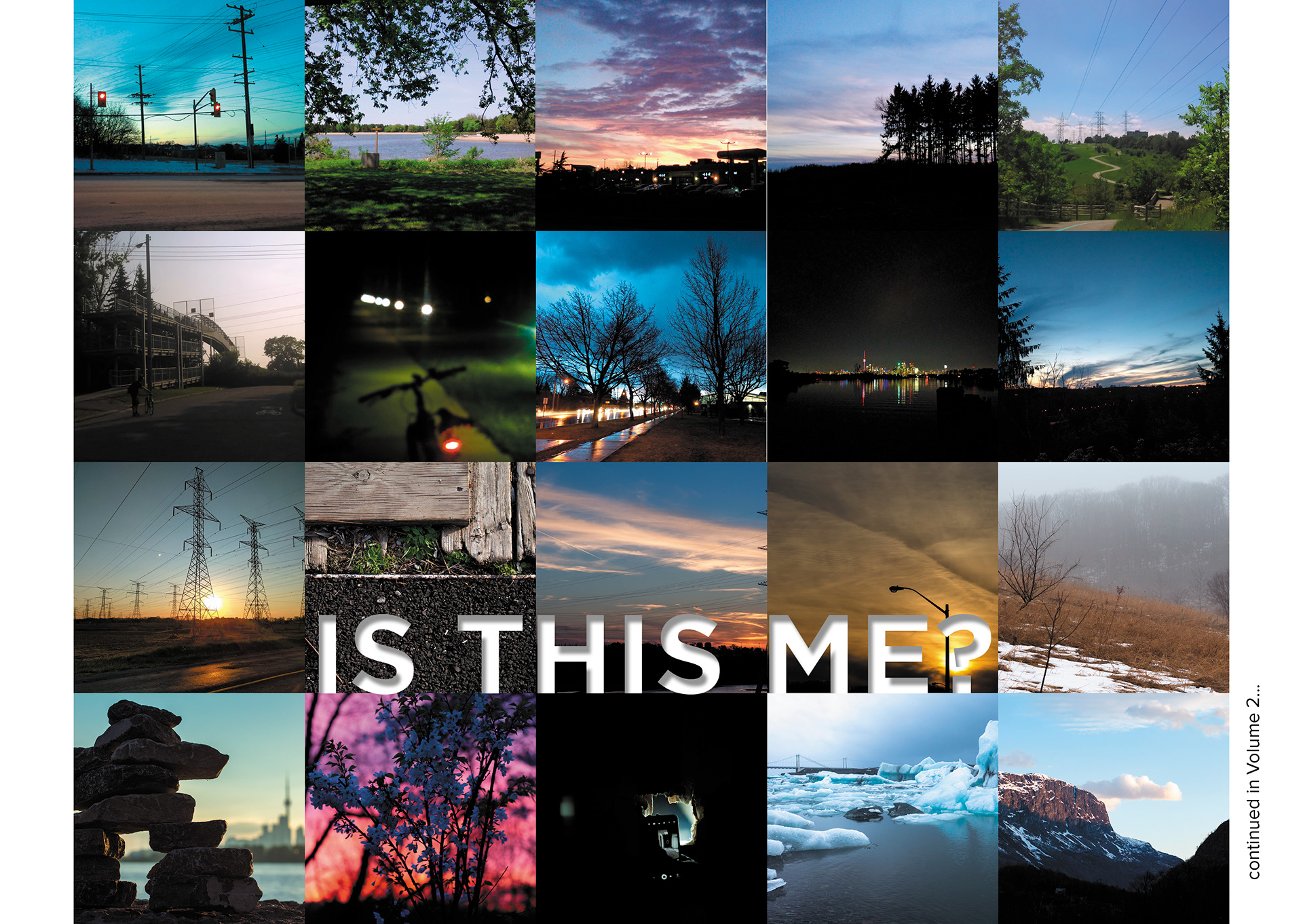
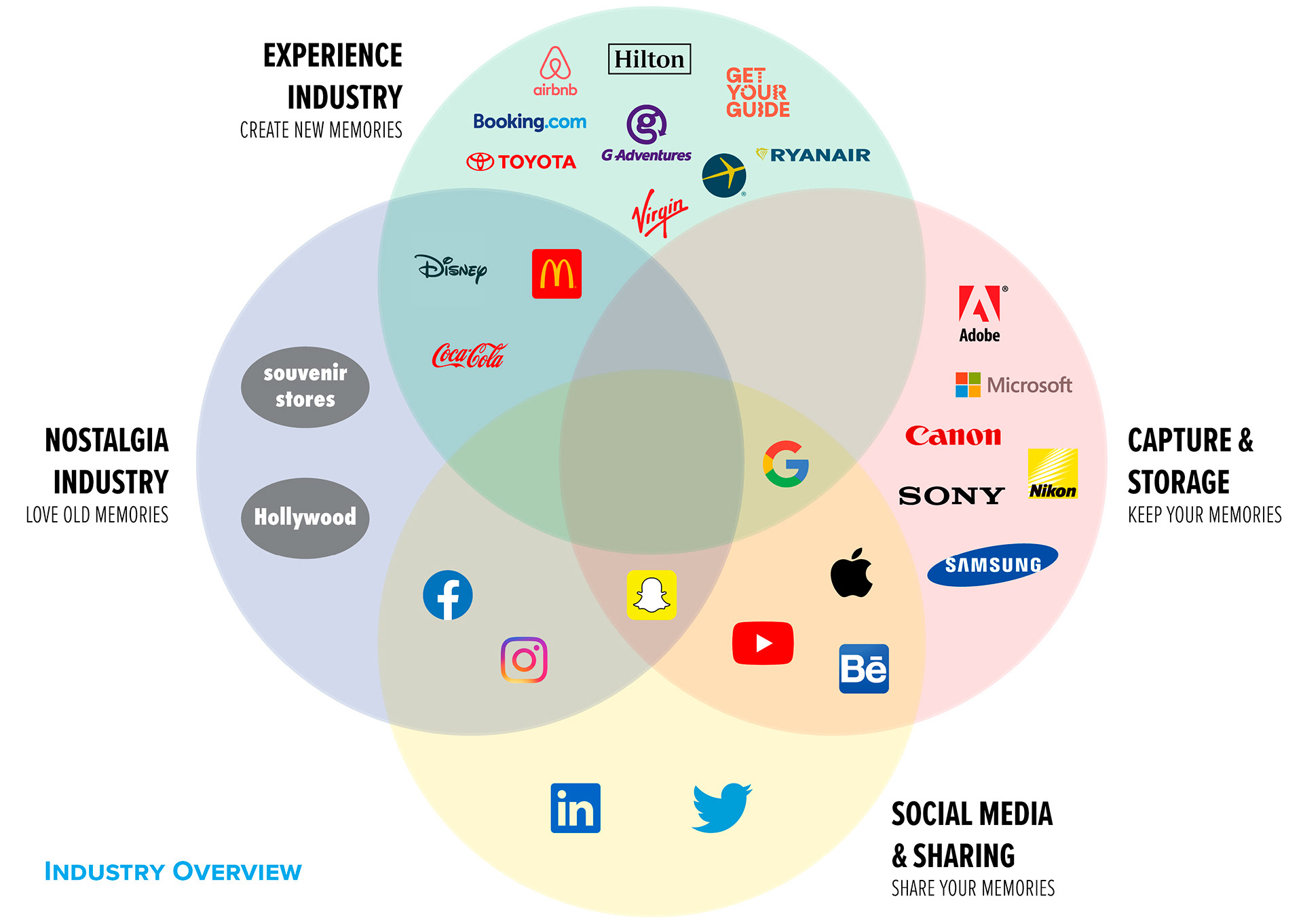
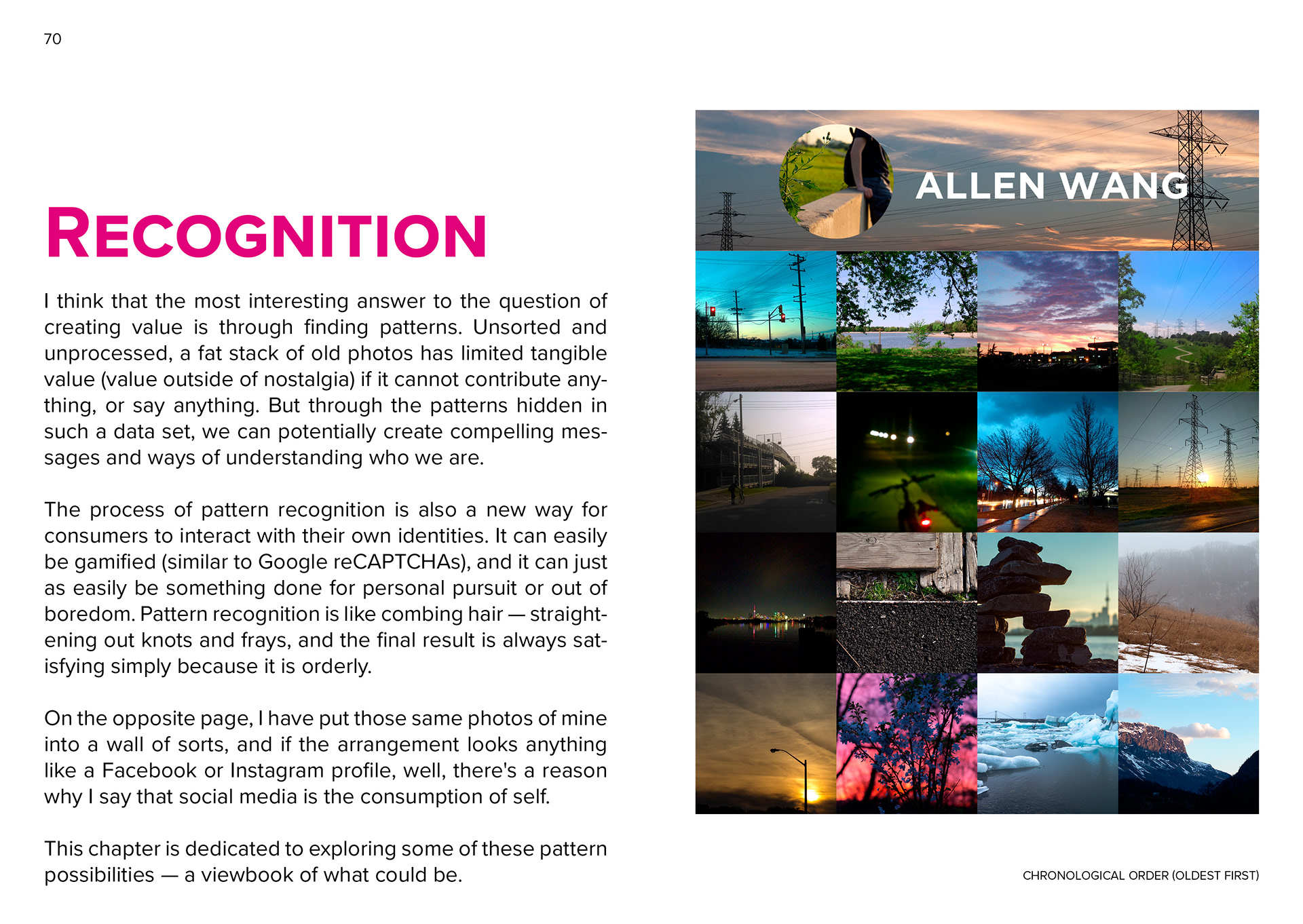
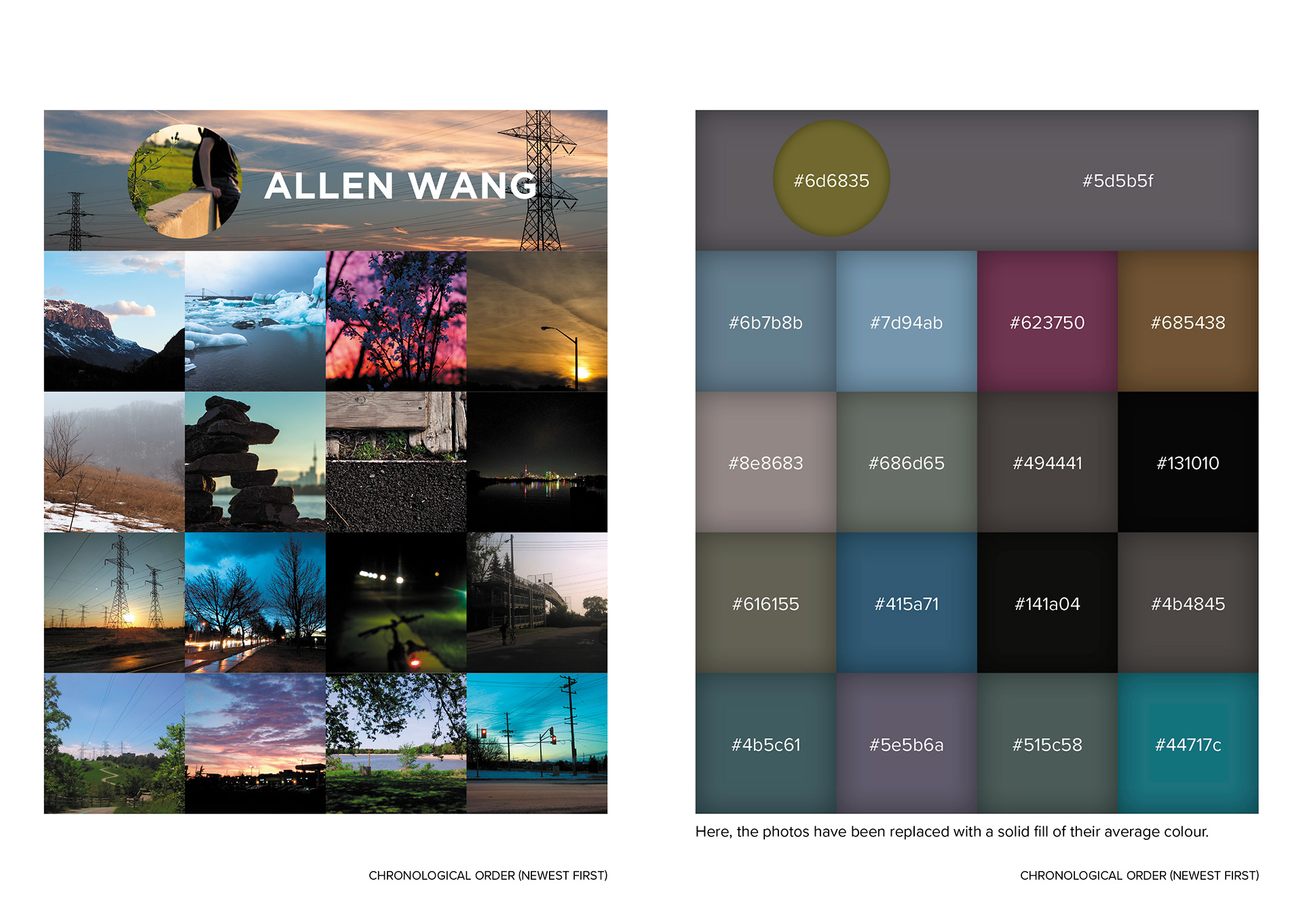
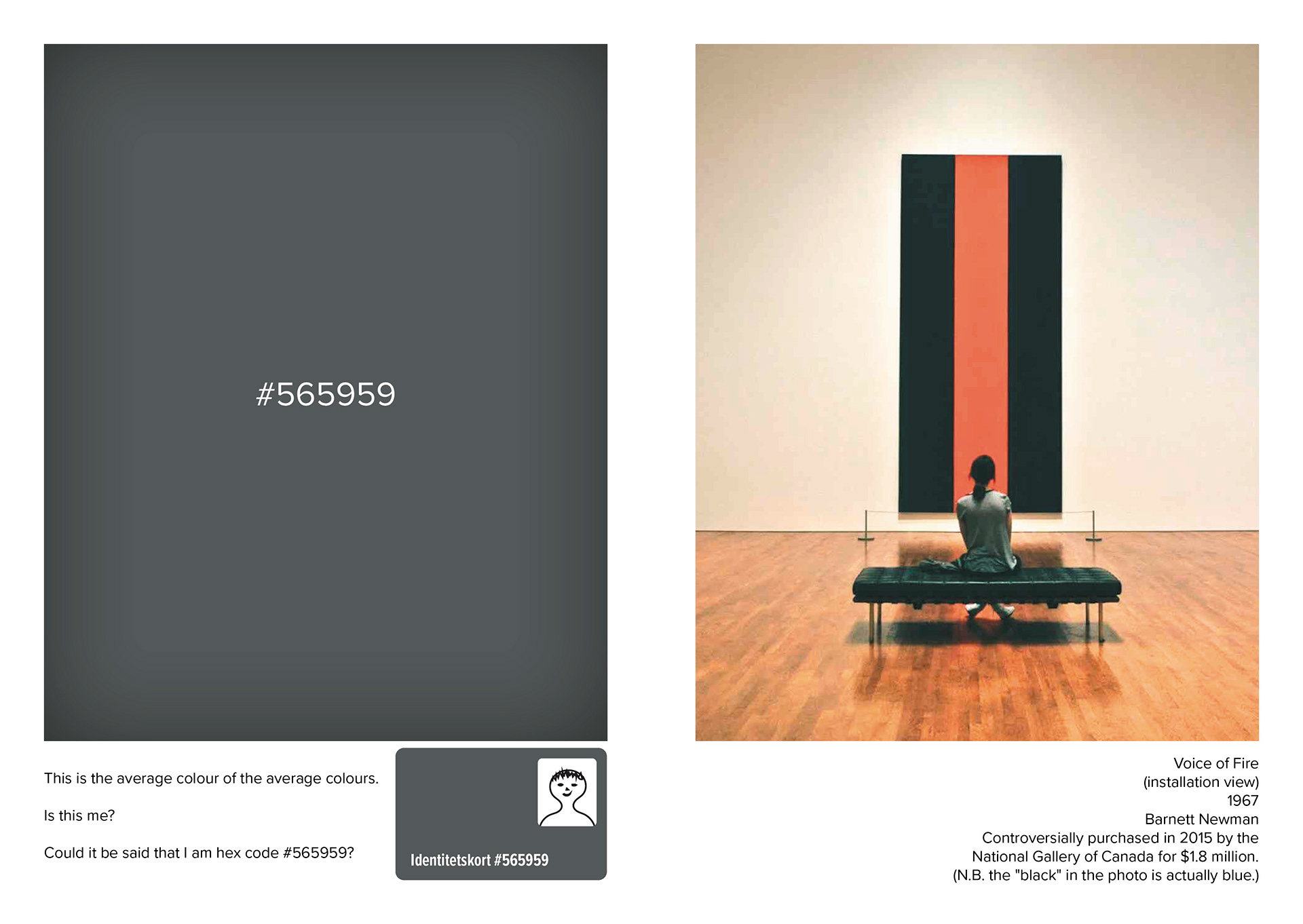
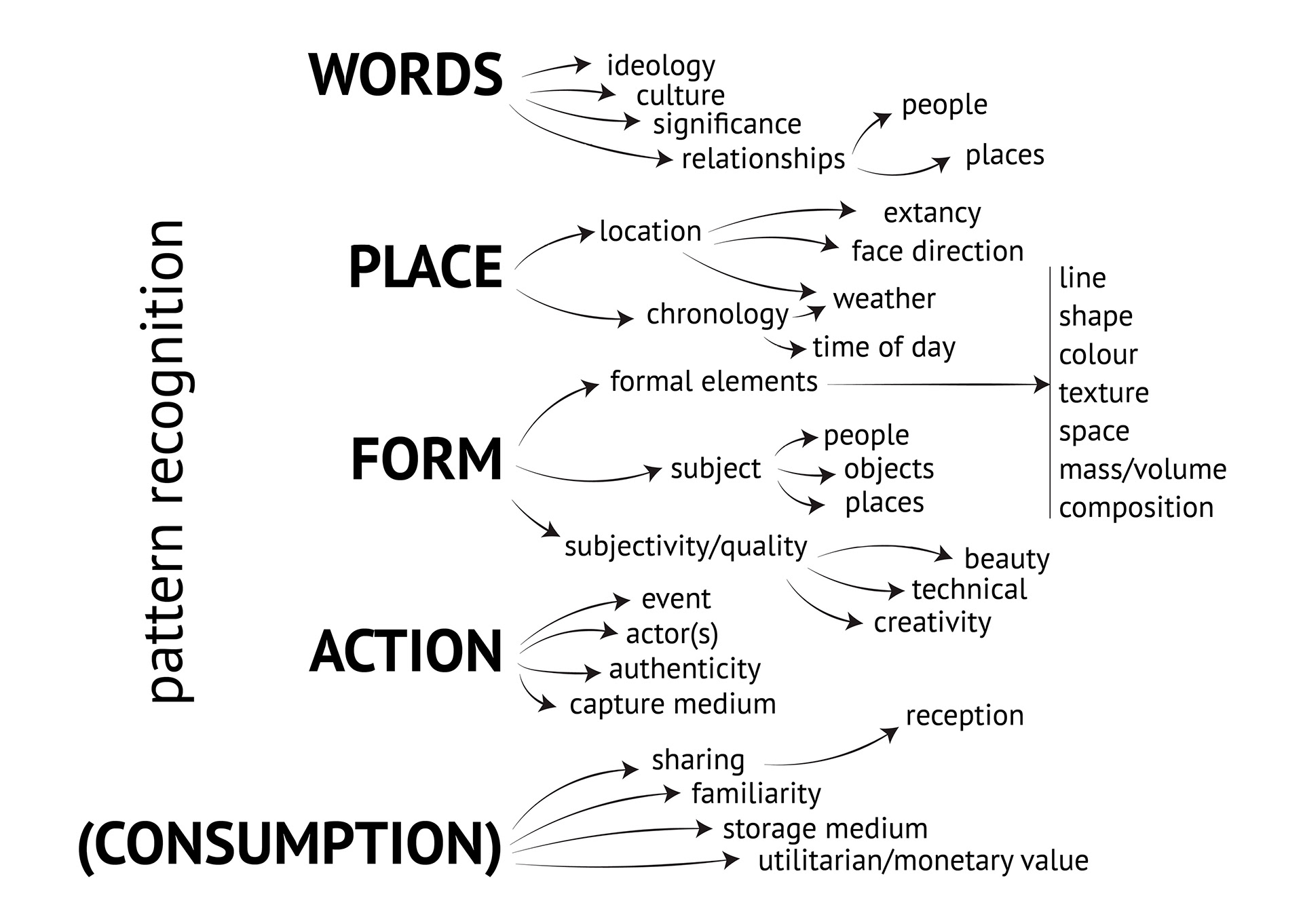
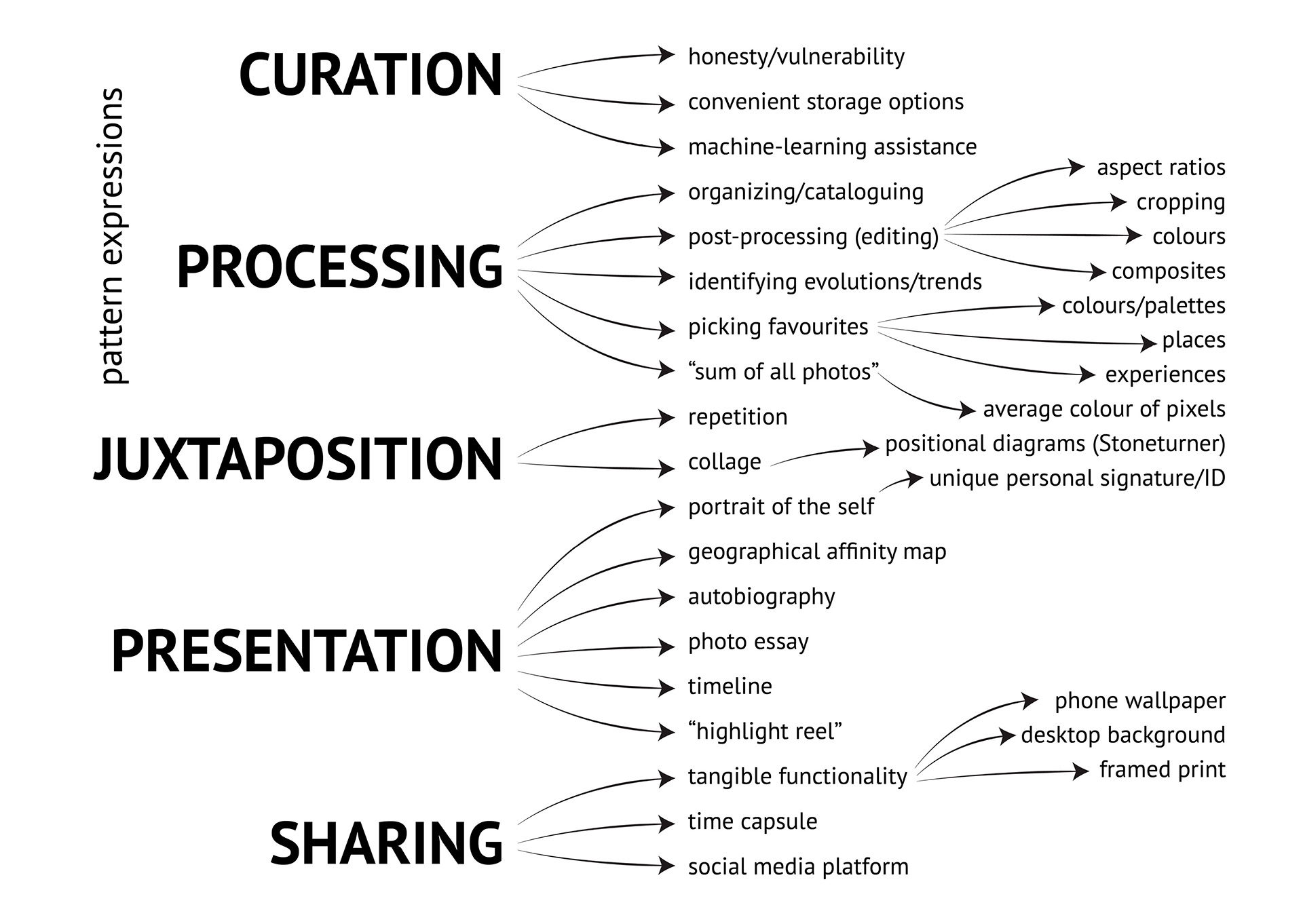


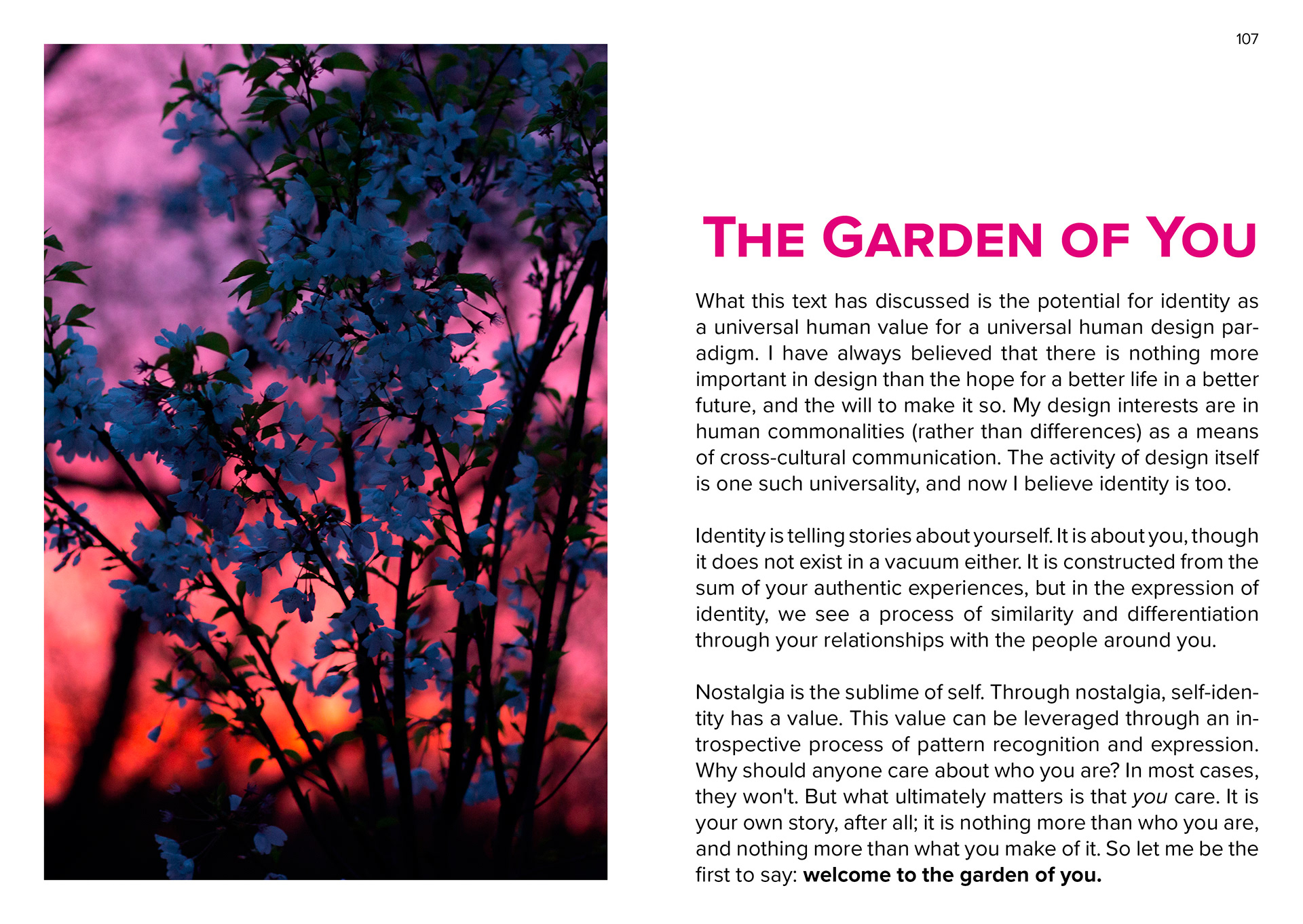
Building upon the schema from my previous courses, I analyzed nostalgia in the context of post-demographic identity, where who we are is not the sum of our circumstances but of the things we do and the choices we make. In this paradigm, nostalgia for our past authentic experiences demonstrates the salience of self: self-identity has a consumable value (we see this with social media, for example). Out of my extensive catalogue of old photos, I curated the ones I thought were most meaningful to me, then explored various ways of creating patterns with them as a way of writing and telling stories about myself. In the reflexive process of searching for patterns in ourselves, we are also consuming our own identity, and through patterns, we can also easily express that identity (such as for sharing with others) in a visually-satisfying form. These patterns are founded upon the quadripartite component framework for identity we learned in the course (words/story, place, form, action), and are manifested in variations on the professor’s Stoneturner method for methodically identifying and parsing the signifiers of identities ubiquitous to our quotidian environments. What it really entails is an unfolding of nostalgia reminiscent of the postmodern sublime in a temporal sense; of pruning, of weeding, of trimming, of cultivating yourself—the story of your past experiences—into THE GARDEN OF YOU. “Identity,” DSKD (Denmark), May-June 2019.



















